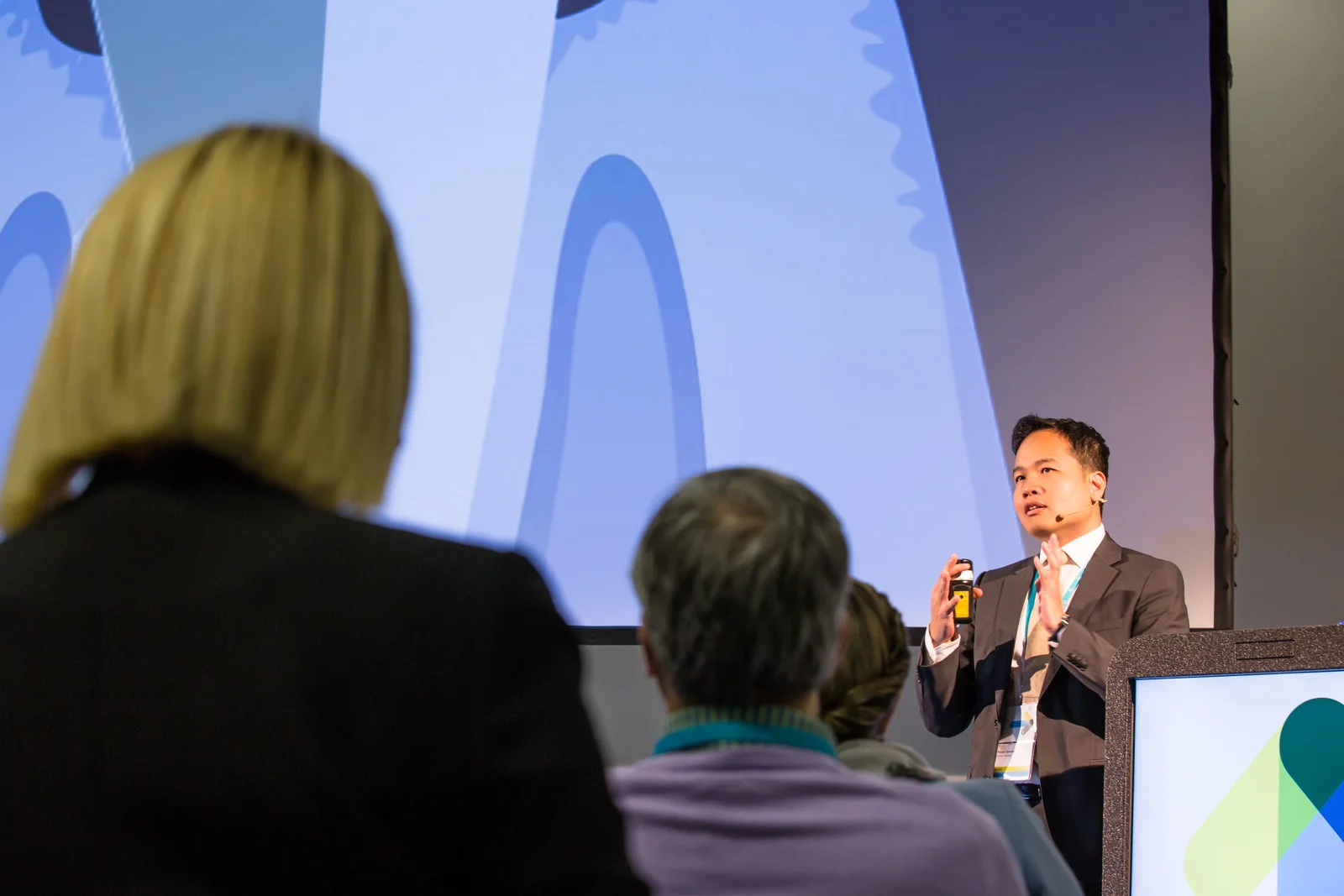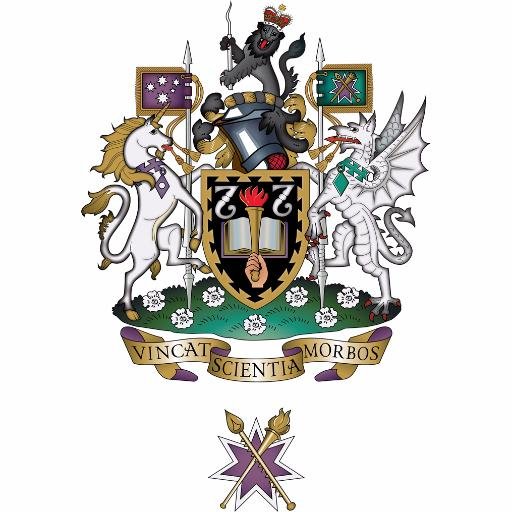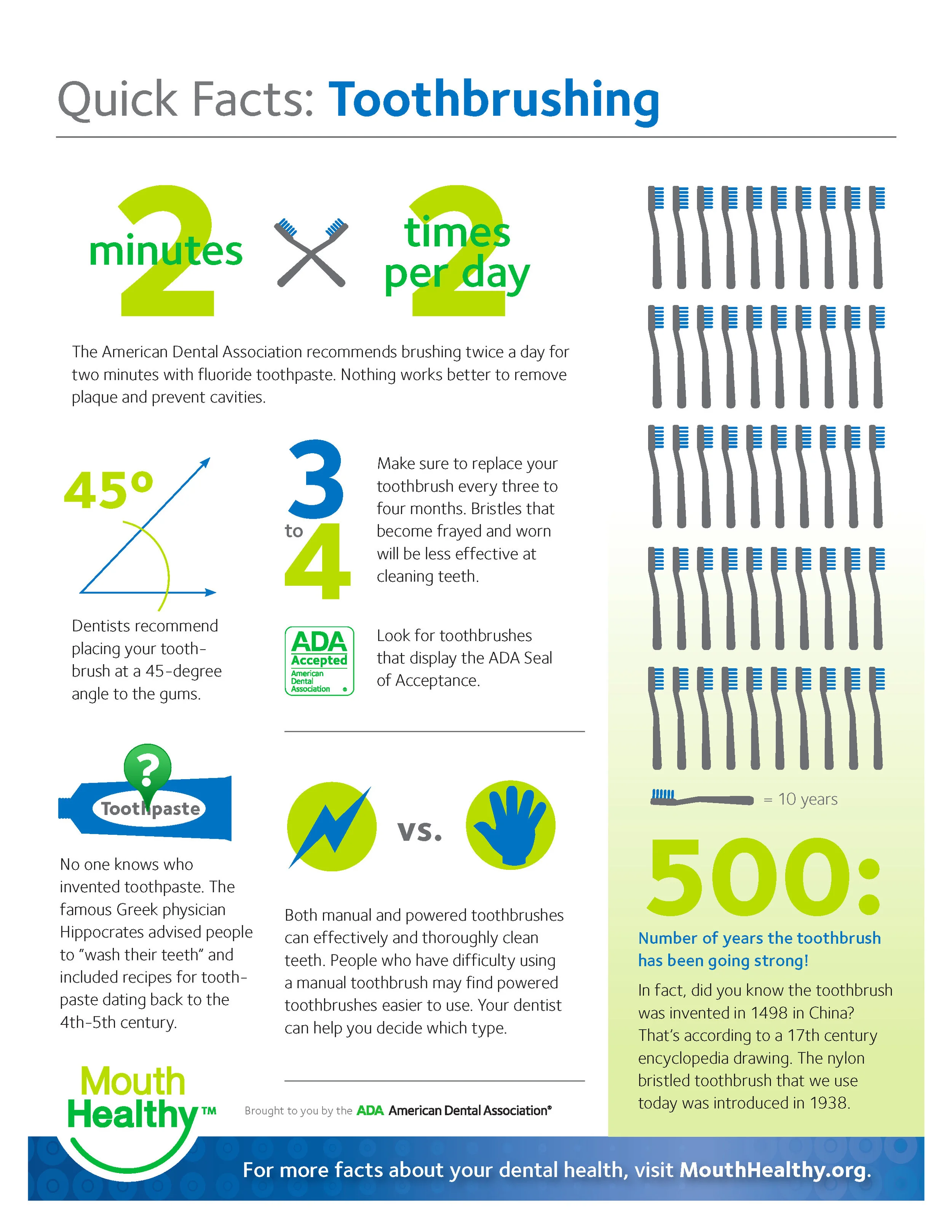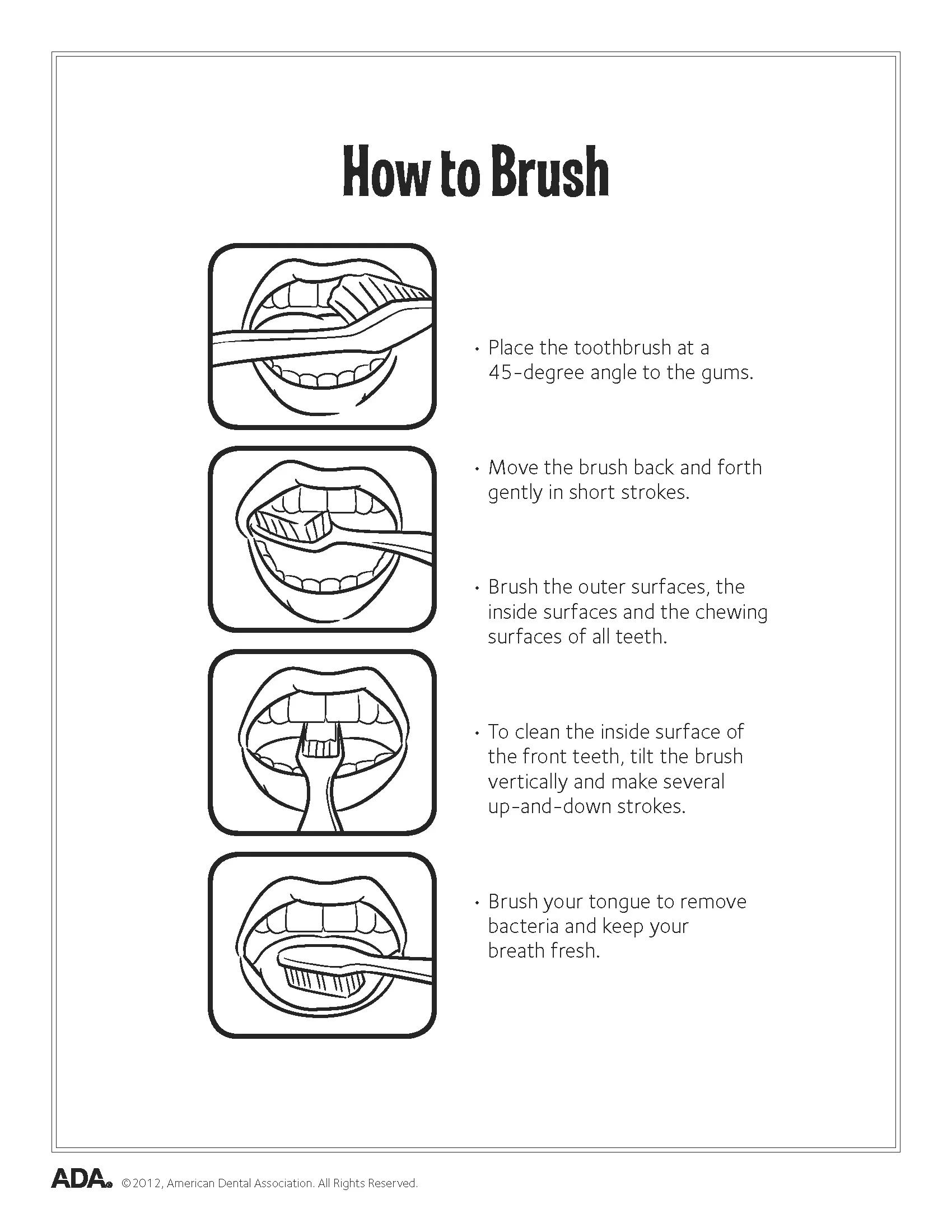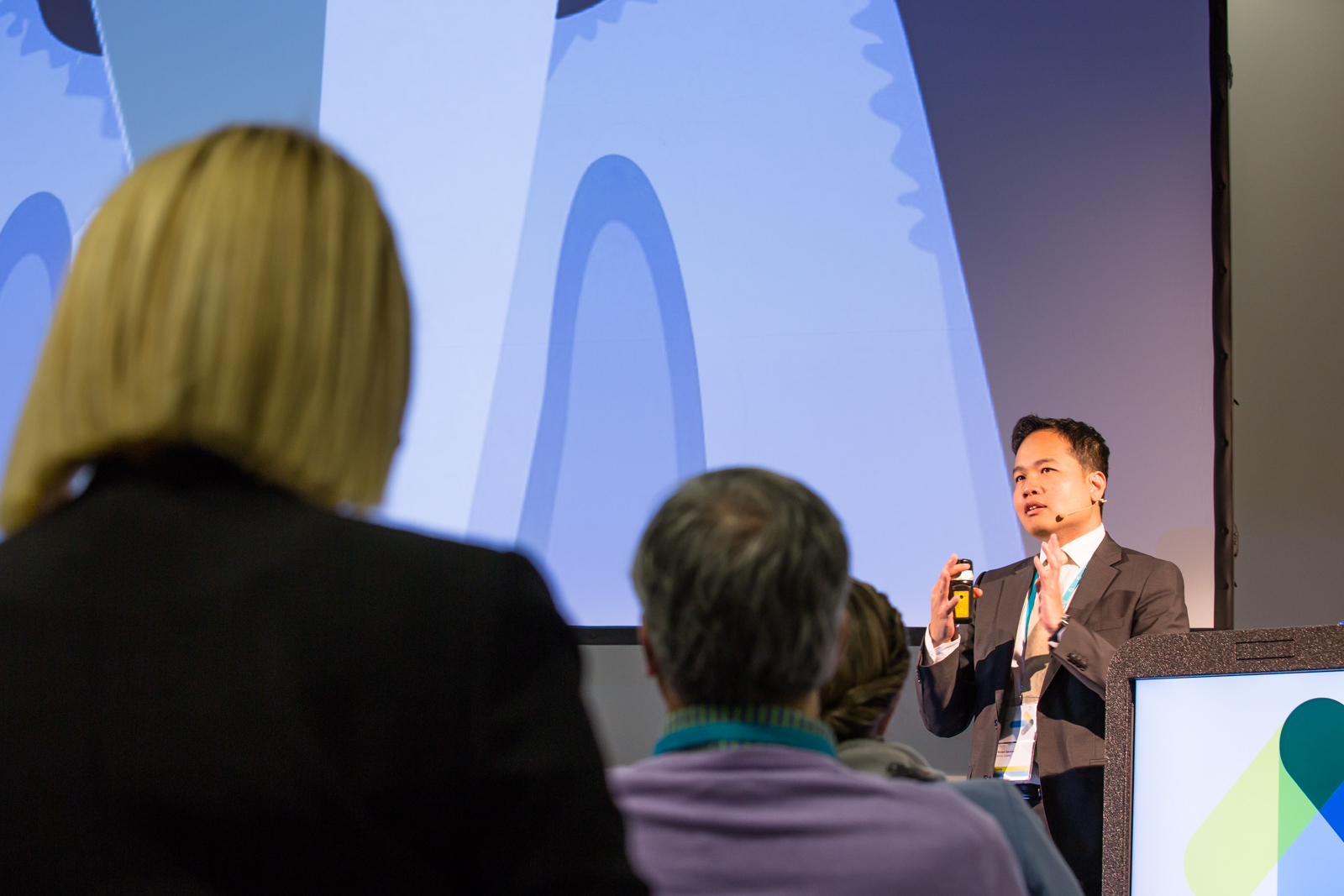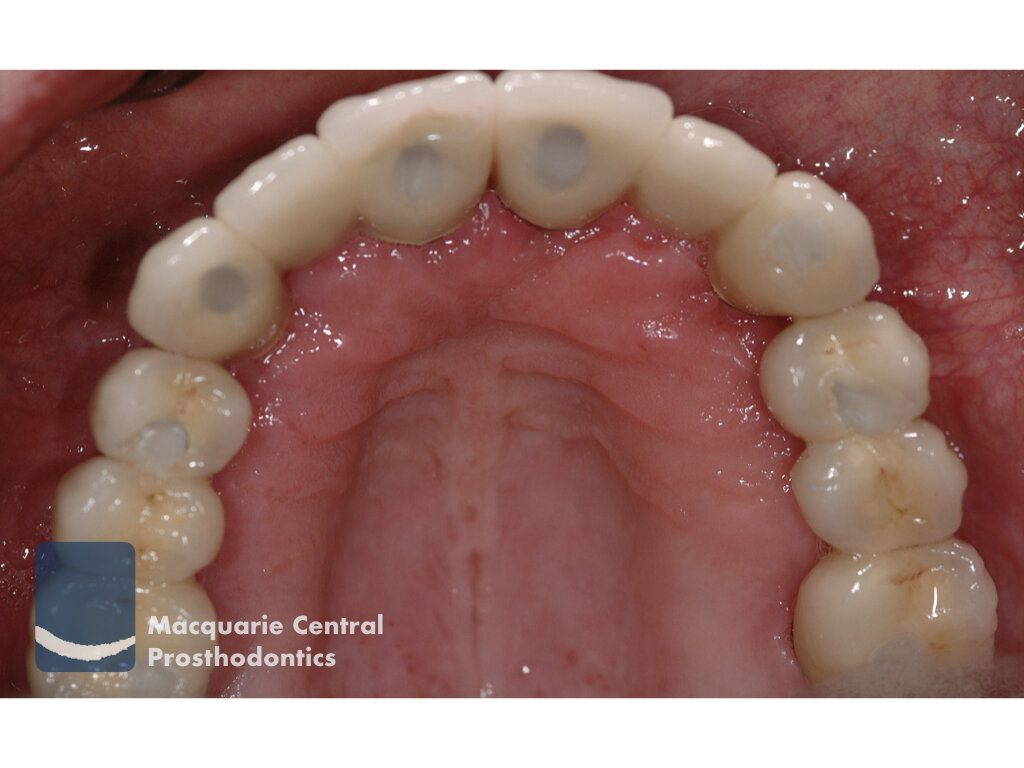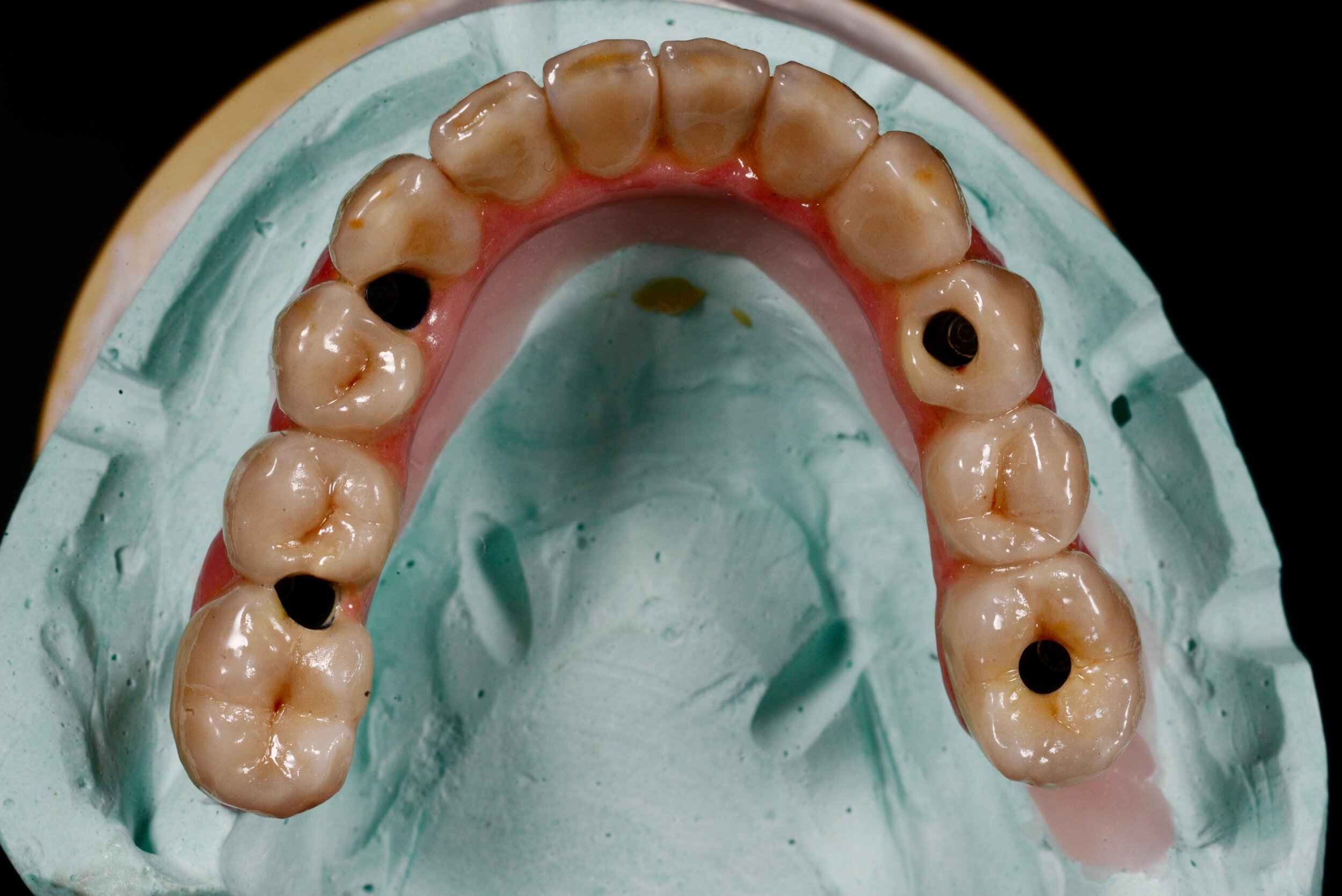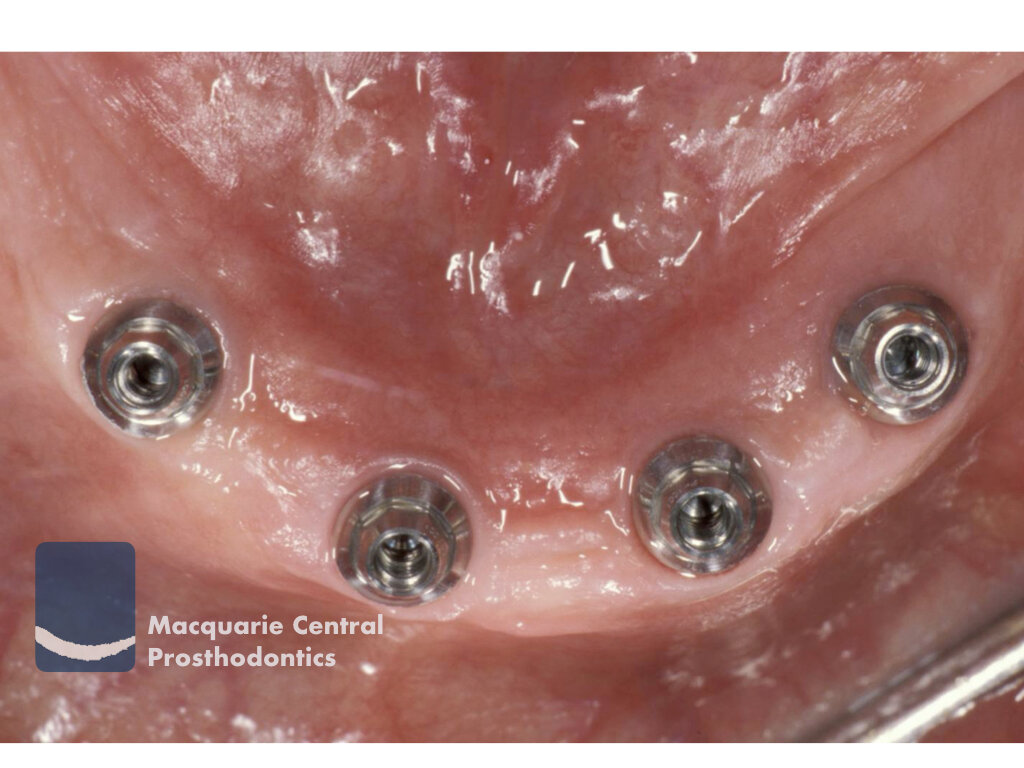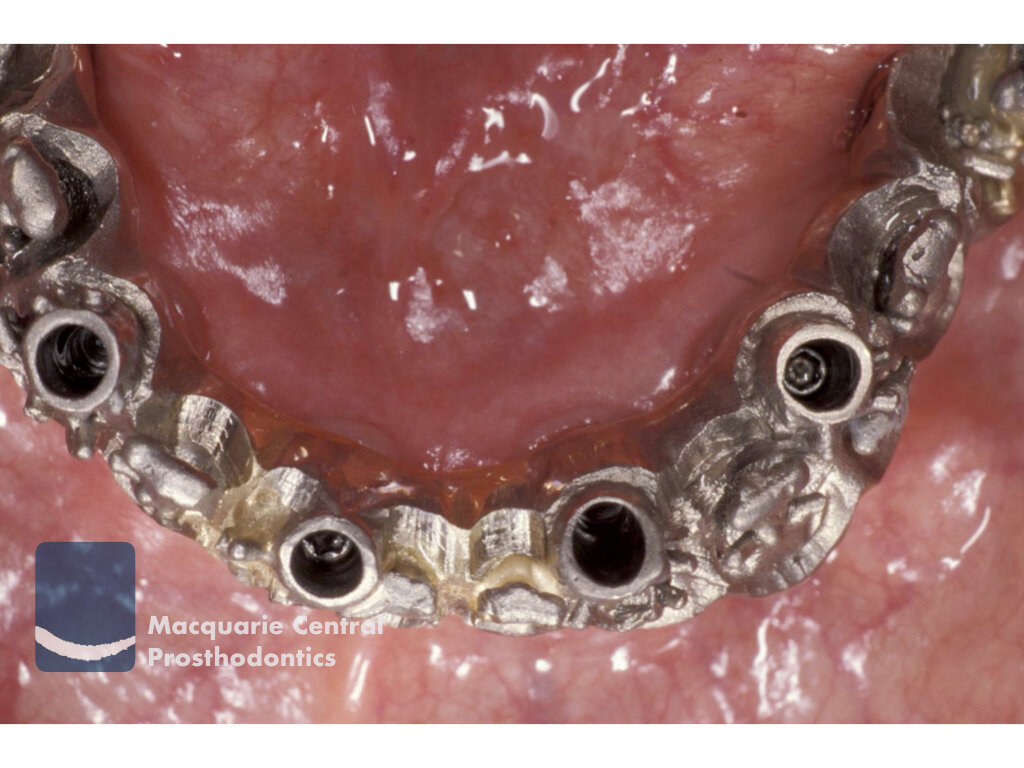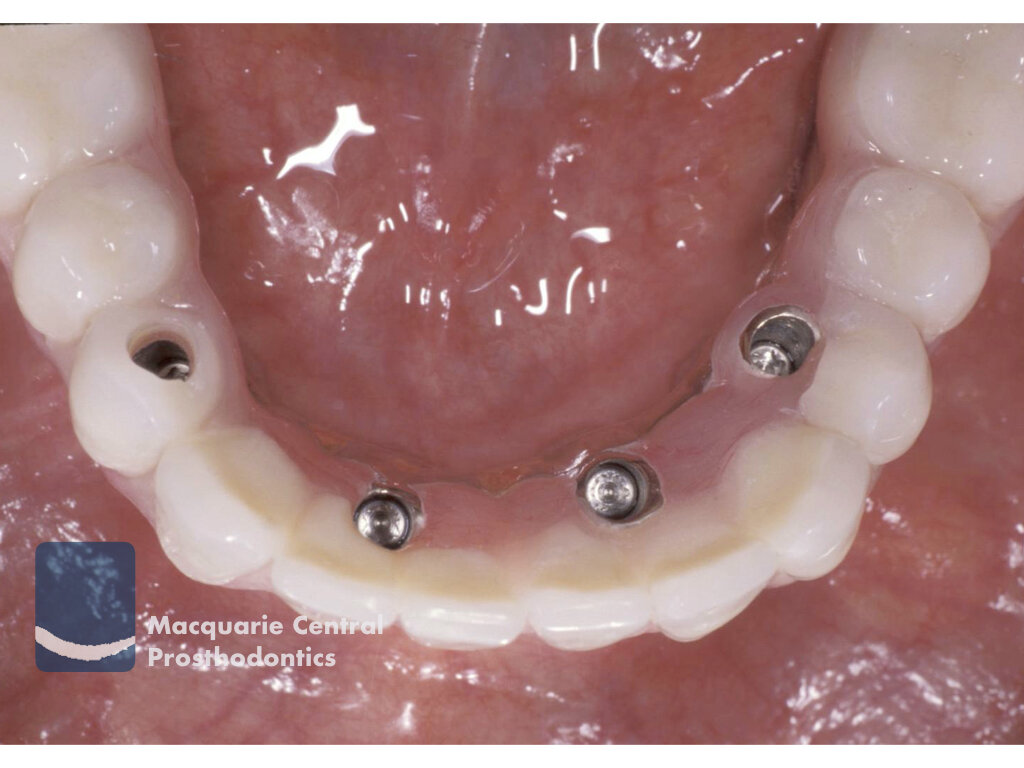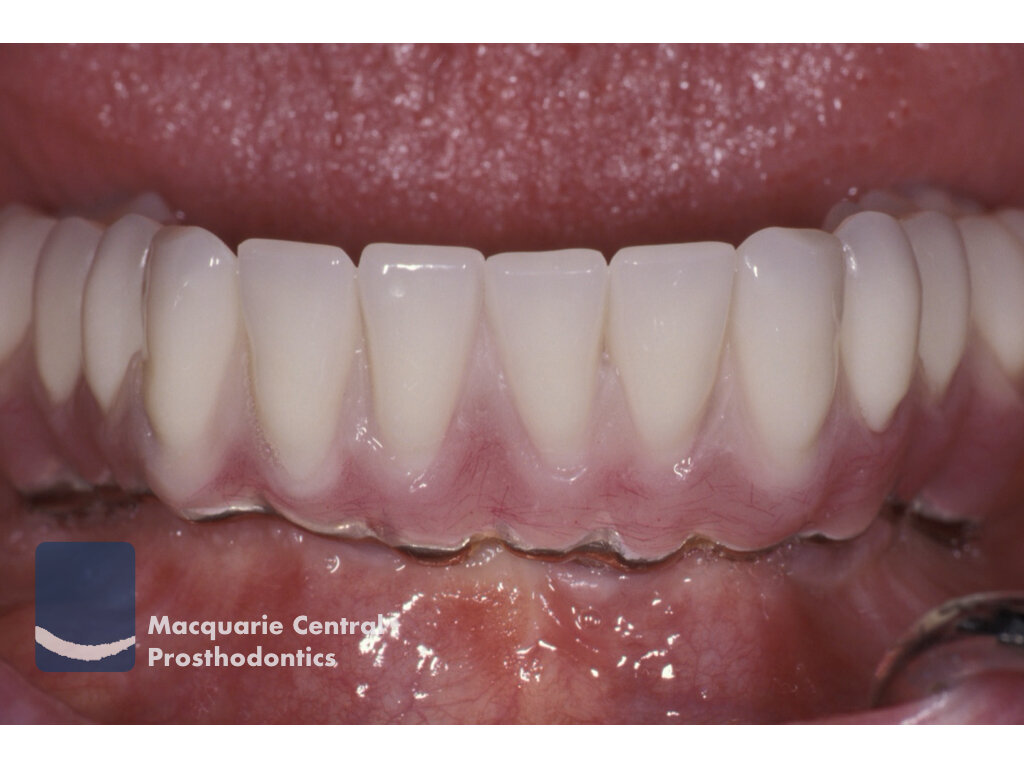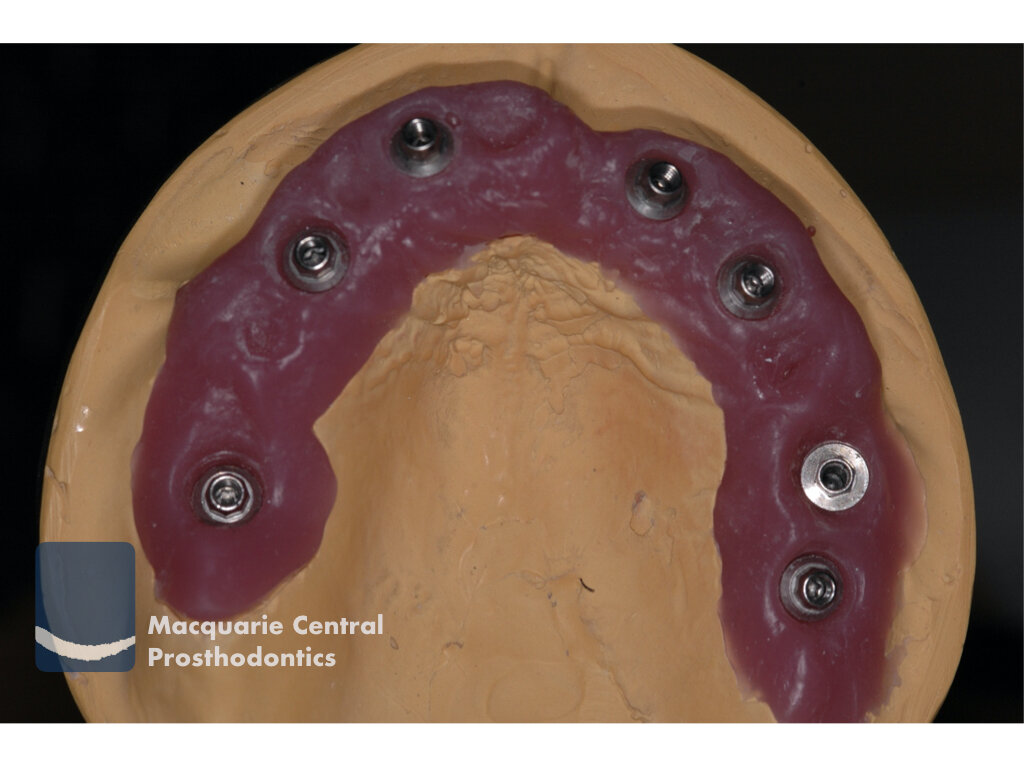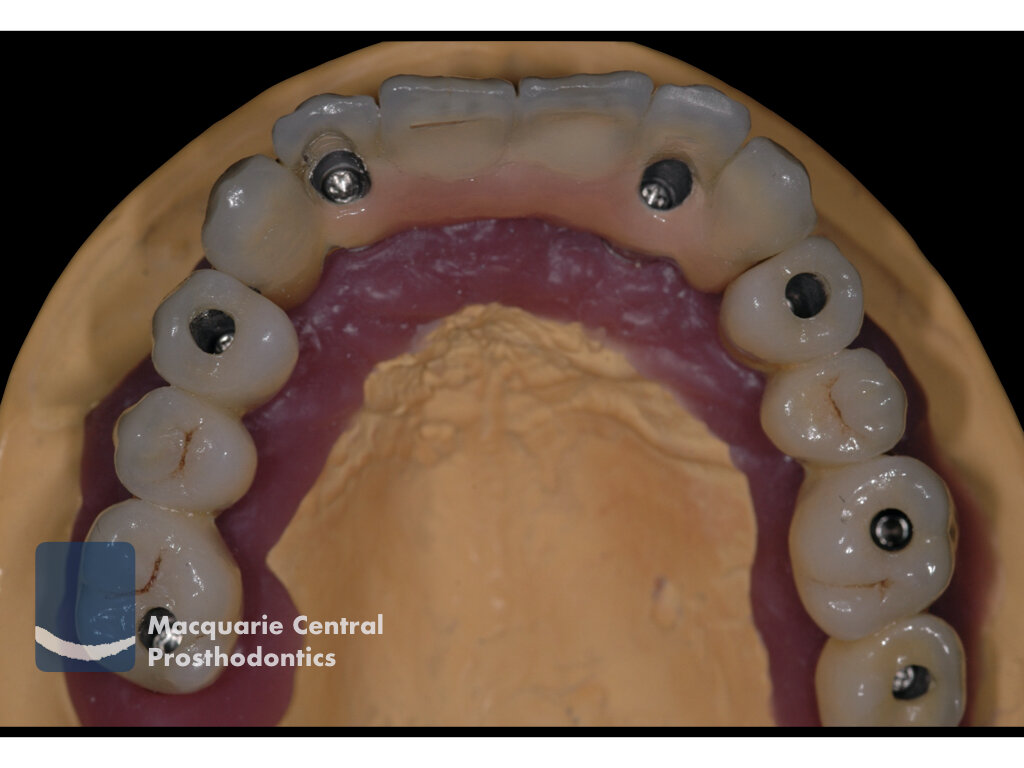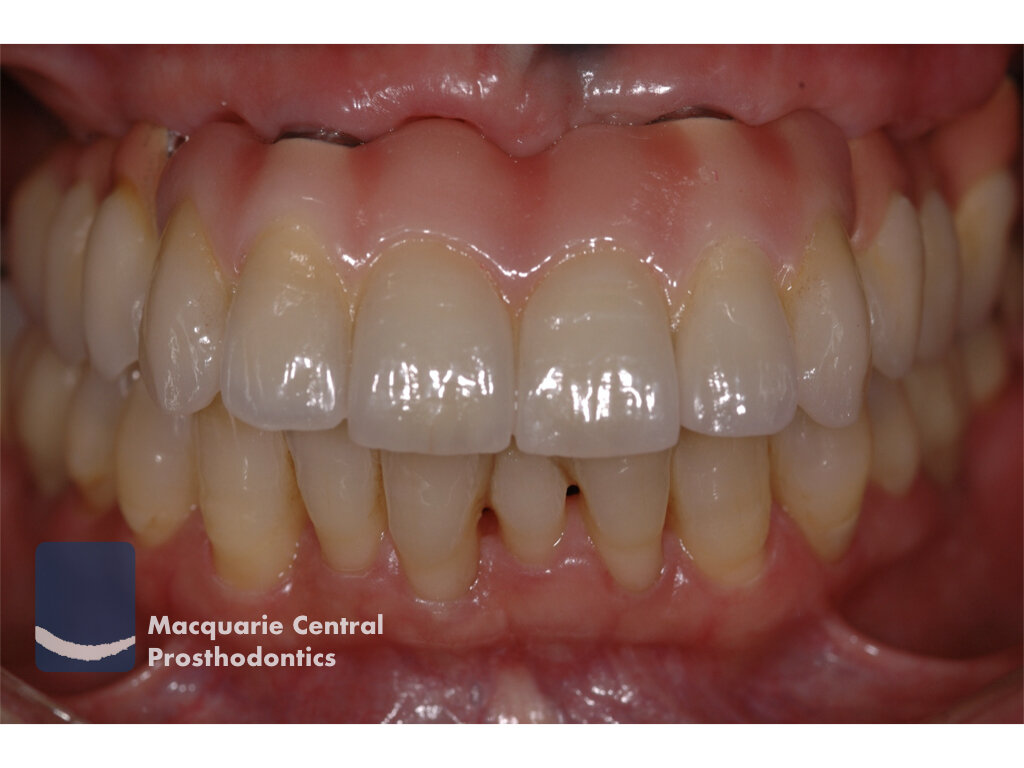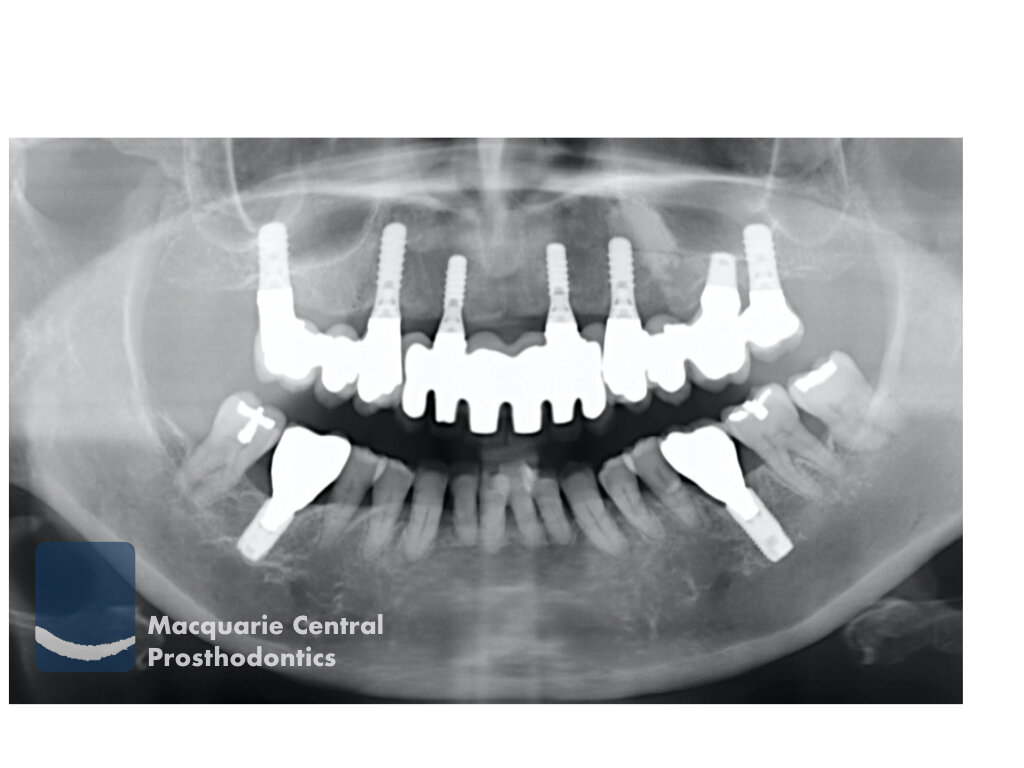Dr Robert Santosa was recently appointed as the new International Team For Implantology (ITI) Australasian Section Chair during the annual meeting held in Adelaide.
ITI’s purpose is to serve dental professionals by fostering learning, networking, discussion and exchange. We provide comprehensive, quality education in implant dentistry and support and facilitate cutting edge research in this field. Our aim is to be the authoritative resource on current and emerging issues in implant dentistry for dental professionals globally.
The ITI was founded in 1980 by 12 experts planning ahead for the future of their field. Their objective was an alliance of specialists to pursue research and development in an important and as yet untapped medical area on a voluntary and idealistic basis. Today, the ITI has more than 17,000 Fellows and Members. Through its growing number of national Sections, the ITI ensures the exchange of expertise and know-how via a modern, quality-conscious and efficient network.
Over more than 35 years the ITI has built a reputation for scientific rigor coupled with a strong patient focus. The organization supports the premise of well documented treatment guidelines backed by extensive clinical testing and long-term results. The ITI's more than 1,000 Fellows, who form the core of the organization, contribute their time, energy and skills and are driven by a strong sense of responsibility and idealism.
The Australasian Section is one of the most active section in ITI. Dr. Santosa has been an ITI Fellow for the past 10 Years, and held various positions in the Section Leadership Team for the past 6 years. The ITI Australasian Section has 51 Fellows and about 800 members across Australia and New Zealand.
Dr Robert Santosa thanking Dr Simon Jensen of Copenhagen at the recent ITI Australasian Section Education Day in Adelaide.
